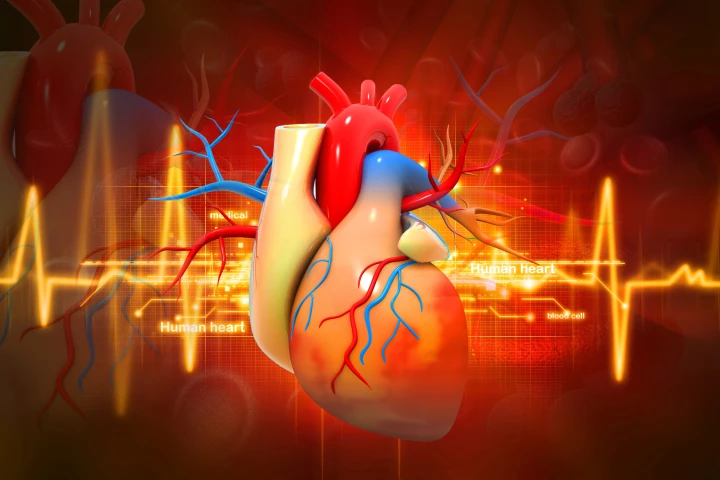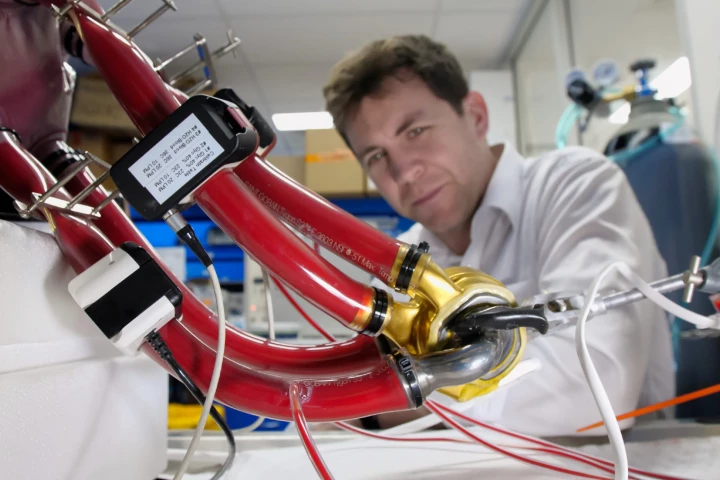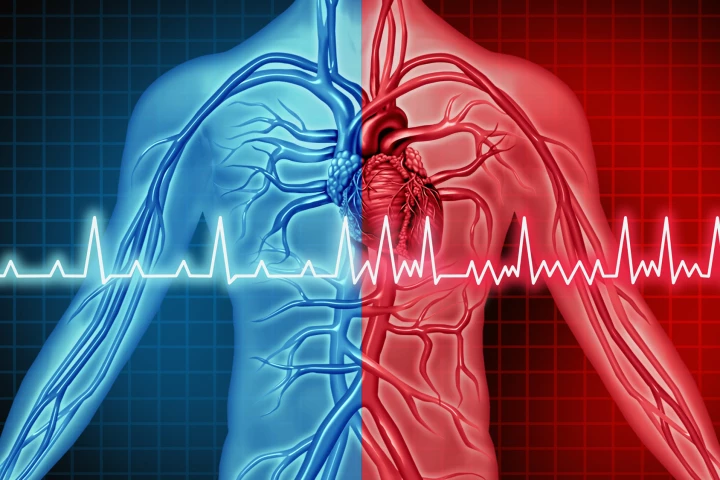Heart Failure
-
For the first time, surgeons have successfully performed a heart transplant in which the donor organ never skips a beat, limiting muscle damage and improving acceptance and recovery. It ushers in a new era of our approach to this lifesaving operation.
-
If someone is afflicted with heart disease, it's important that their cardiac activity be monitored as accurately as possible. An experimental new wearable device is designed to make that happen, by copying the body structure of the starfish.
-
A man has lived for more than 100 days with a maglev heart beating inside his chest. In a landmark moment, he was discharged earlier this year, becoming the first person in the world to leave the hospital with the device embedded in his body.
-
Heart attacks are dangerous not just because of the initial event, but the long-term damage afterwards. Now scientists have discovered a dormant gene that could be reactivated to regenerate heart tissue, preventing the progression to heart failure.
-
Scarring of heart tissue can be slowed but not stopped, and can lead to heart failure. But a new study has shown that an existing immunotherapy could stop scar tissue formation after heart attacks.
-
Examining long-term outcomes for people with atrial fibrillation, the most common heart rhythm disorder, a new study found that 55% survived to 10 years. The researchers say it needs to be treated as a chronic illness with serious long-term consequences.
-
Detecting the first stages of heart failure could soon be as simple as placing a smartphone on a patient's chest. That's the conclusion of an ongoing study, which is aimed at developing an app for diagnosing the potentially lethal condition as early as possible.
-
A new pacemaker is thinner than a human hair, wireless and operated entirely by light from an optic fiber. The non-invasive device could help regulate heart activity or even stimulate neurons in a set pattern to treat conditions like Parkinson’s.
-
If someone is already suffering from heart failure, they certainly shouldn't have to deal with a serious infection on top of that. A new type of electrical wire, designed for powering implanted heart pumps, could help keep that from happening.
-
Researchers have identified an efficient and cost-effective two-step screening strategy that, compared to the current one-step approach, more accurately identifies which type 2 diabetics need treatment to prevent life-threatening heart failure.
-
Researchers have discovered a previously unknown pathological cellular mechanism underpinning heart failure, which currently has no cure, and identified a drug that can reverse the damaging malfunction, opening the door to a novel treatment.
-
Right now, drug developers have high hopes on Polo-like kinase 1 (PLK1) inhibitors for treating advanced cancers. But a team of scientists has found it also shows huge promise in calming inflammation, and could be used to treat gout and heart failure.
Load More











